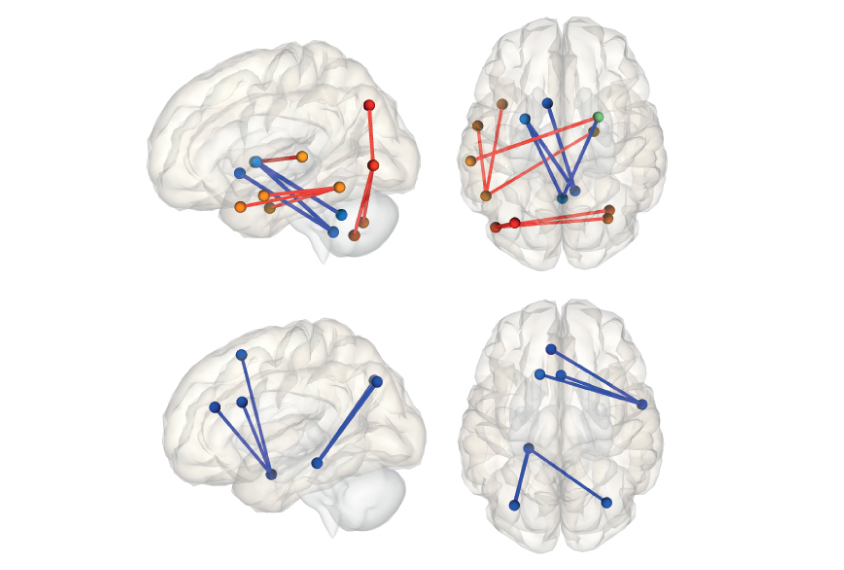Ciara Curtin is a freelance science writer based in Atlanta. Her work focuses mostly on genetics and medicine. Ciara has an M.A. in molecular, cellular and developmental biology from the University of California, Santa Barbara, and one in journalism from New York University’s science writing program.
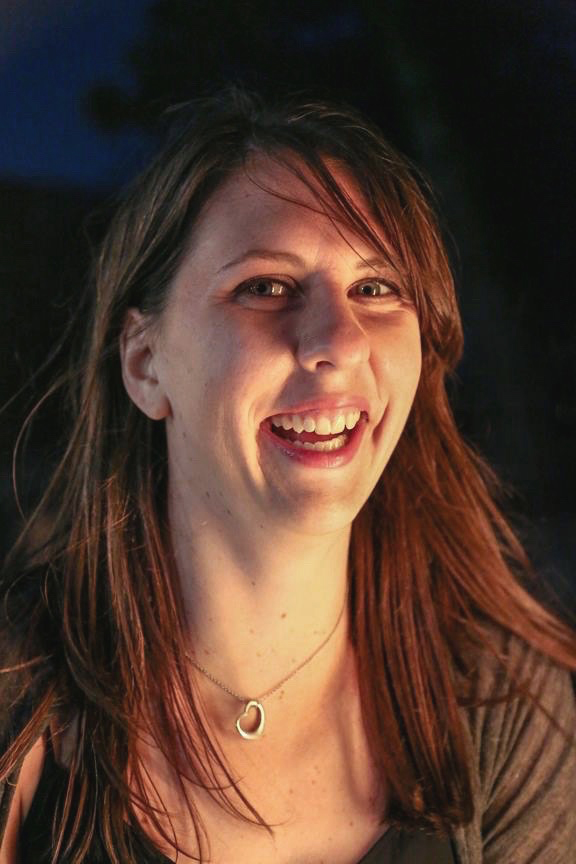
Ciara Curtin
From this contributor
Brain scans reveal subtypes of fragile X syndrome in boys
Differences in brain structure may distinguish boys with relatively mild features of fragile X syndrome from those with a severe form of the condition.
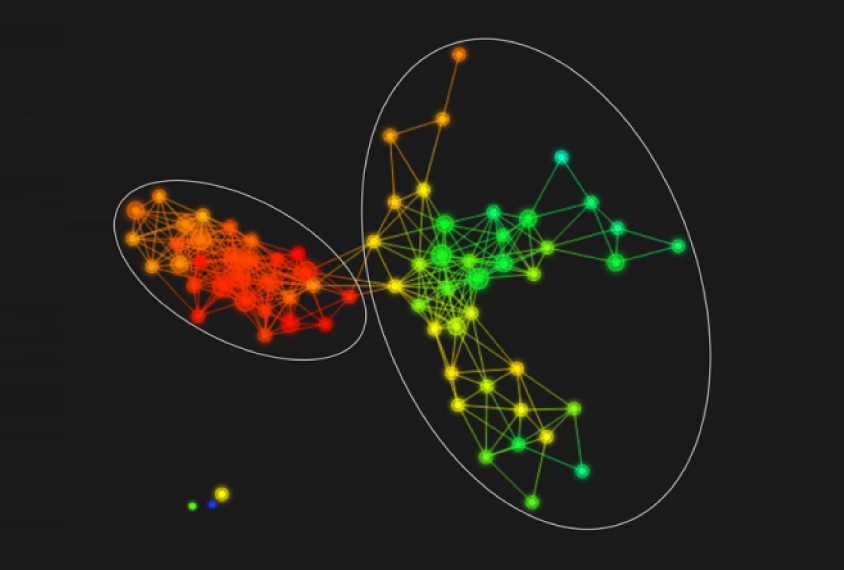
Brain scans reveal subtypes of fragile X syndrome in boys
Data do-over backs dominance of genetics in autism risk
A reanalysis of data from more than 2 million children in Sweden suggests inherited genetic factors account for 83 percent of autism risk.

Data do-over backs dominance of genetics in autism risk
Rat study ties Rett syndrome gene to pain processing
Mutations in MECP2, the gene mutated in Rett syndrome, may alter the proportions and activity of sensory neurons in rats.
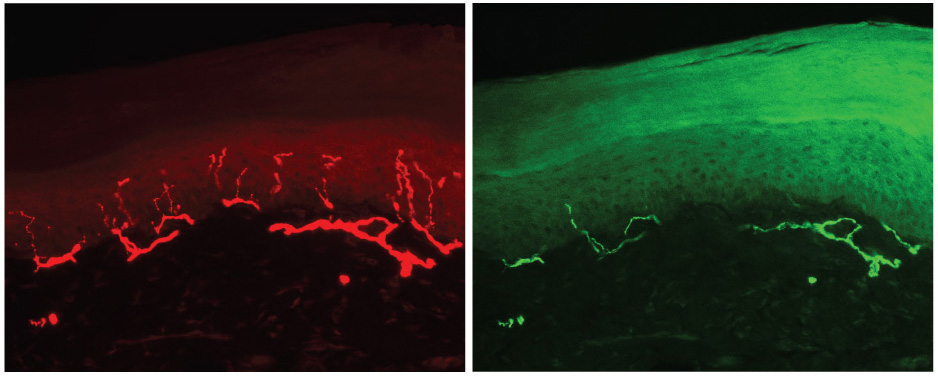
Rat study ties Rett syndrome gene to pain processing
Autism drugs may alter brain connectivity
Children with autism who take certain medications have different patterns of brain connectivity than do unmedicated children with the condition.
Twin tots reveal autism traits arise mostly from genes
Genes are bigger contributors to autism features than are environmental factors, according to a study of nearly 39,000 twins.
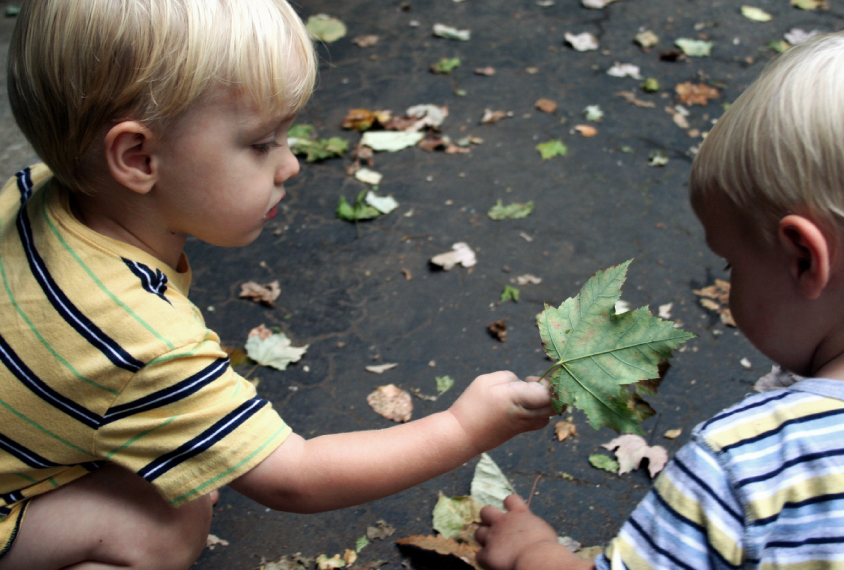
Twin tots reveal autism traits arise mostly from genes
Explore more from The Transmitter
Two neurobiologists win 2026 Brain Prize for discovering mechanics of touch
Research by Patrik Ernfors and David Ginty has delineated the diverse cell types of the somatosensory system and revealed how they detect and discriminate among different types of tactile information.

Two neurobiologists win 2026 Brain Prize for discovering mechanics of touch
Research by Patrik Ernfors and David Ginty has delineated the diverse cell types of the somatosensory system and revealed how they detect and discriminate among different types of tactile information.
Shifting neural code powers speech comprehension
Dynamic coding helps explain how the brain processes multiple features of speech—from the smallest units of sounds to full sentences—simultaneously.

Shifting neural code powers speech comprehension
Dynamic coding helps explain how the brain processes multiple features of speech—from the smallest units of sounds to full sentences—simultaneously.
Astrocytes orchestrate oxytocin’s social effects in mice
The cells amplify oxytocin—and may be responsible for sex differences in social behavior, two preprints find.

Astrocytes orchestrate oxytocin’s social effects in mice
The cells amplify oxytocin—and may be responsible for sex differences in social behavior, two preprints find.
